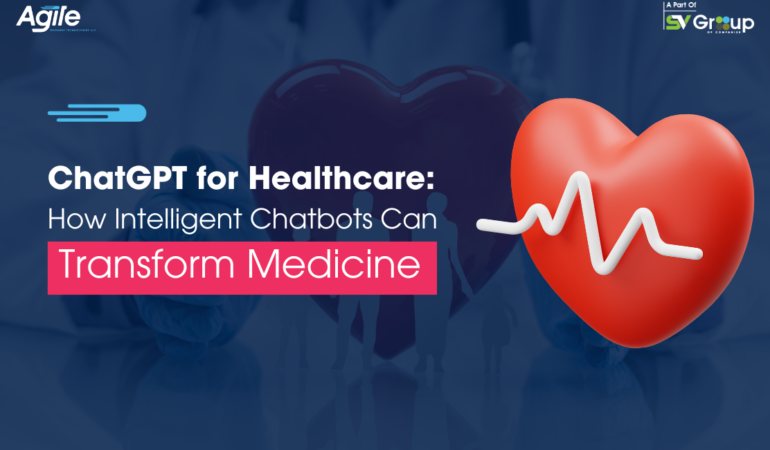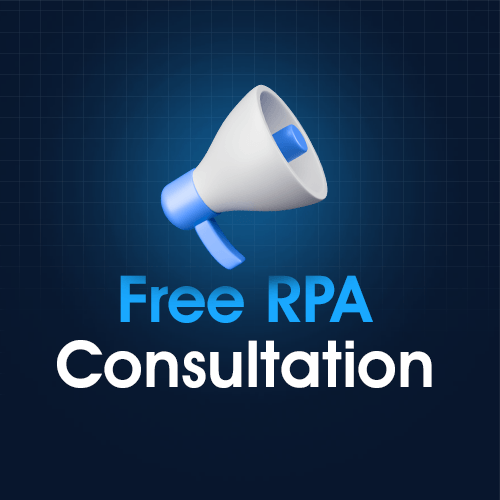ChatGPT for Healthcare: How Intelligent Chatbots Can Transform Medicine

Conversational chatbots like ChatGPT have multiple use cases due to their ability to generate human-like responses. The unique point about ChatGPT is it can respond to any question, meaning it is not confined to any specific niche. Since its release, most people have used it for content creation purposes. However, ChatGPT can be used in the medical field. It highlights ChatGPT’s versatility. This article discusses how intelligent chatbots like ChatGPT can transform medicine.
ChatGPT Use Cases in Medicine
- Improves Decision-Making
The one thing that separates ChatGPT from other conversational bots is its ability to learn. Whatever the user enters, the tool can learn from it. Future responses are based on the entered data. Within medicine, healthcare practitioners can train ChatGPT using medical data. With this knowledge, ChatGPT can help healthcare professionals make more informed, data-driven decisions. It can help professionals make decisions about diagnosis or treatment quickly and with a reduced margin of error.
- Self-care Tools for Patients
When trained with medical data, ChatGPT can act as a healthcare professional. Patients can use the tool to identify and learn more about their medical issues. For example, what treatment they should opt for, whether home remedies would prove effective, or what non-prescriptive drugs can be used. With easy access to the tool, access to healthcare can be improved significantly. It can help address the health inequalities prevalent throughout the world.
- AI-assisted Medical Coding
ChatGPT can be instrumental in medical coding. When done manually, medical coding is quite time-consuming and resource intensive. The repetitive nature of medical coding makes it prone to errors. In any industry, the cost of human error is significantly higher. However, this cost increases multi-fold in the healthcare industry. Medical coders can use ChatGPT to perform the process faster and without error.
- Fast Track Administrative Tasks
Healthcare professionals such as physicians are involved not only in administering care but also in performing numerous administrative tasks. According to a study published in the International Journal of Health Services: Planning, Administration, and Evaluation, one-sixth of a physician’s time is spent on administrative tasks. It means less time for the physician to spend with the patients. On top of it, the cumbersome nature of these administrative tasks reduces their job satisfaction levels. ChatGPT can automate fast-track administrative tasks. For instance, it can assist doctors in drafting letters, clinic notes, and patient instructions.
- Fast Triage
In many cases, patients can be saved by providing prompt care. However, the triage process in many hospitals is relatively slow. It can impact the patient outcome. In some cases, it may lead to death. The reason for the poor or slow triage process is inadequate resources. ChatGPT can be beneficial in speeding the triage process.
Patients can answer the questions, and based on the responses, ChatGPT can determine each case’s urgency. Apart from the urgency, ChatGPT can create a summary for the patient. It can help the doctors determine the proper treatment. It primarily reduces the guesswork and improves patient outcomes.
- Medical Research
ChatGPT has many benefits for medical researchers. For example, it can analyse large amounts of data quickly. The data can include anything, ranging from articles to patient records. It speeds up the data collection and analysis process. Agile Managex Technologies has already developed a similar bot. Another way ChatGPT can be used in medical research is sample selection. The researcher can feed data into the tool along with the selection criteria. Based on the requirements, ChatGPT can pinpoint which participants are to be selected.
Conclusion
ChatGPT and other intelligent chatbots are becoming popular in every field, including medicine. Agile Managex Technologies, a leading RPA solutions company in UAE, can help you develop a conversational bot for your business. Contact us for more information.

Leave A Comment